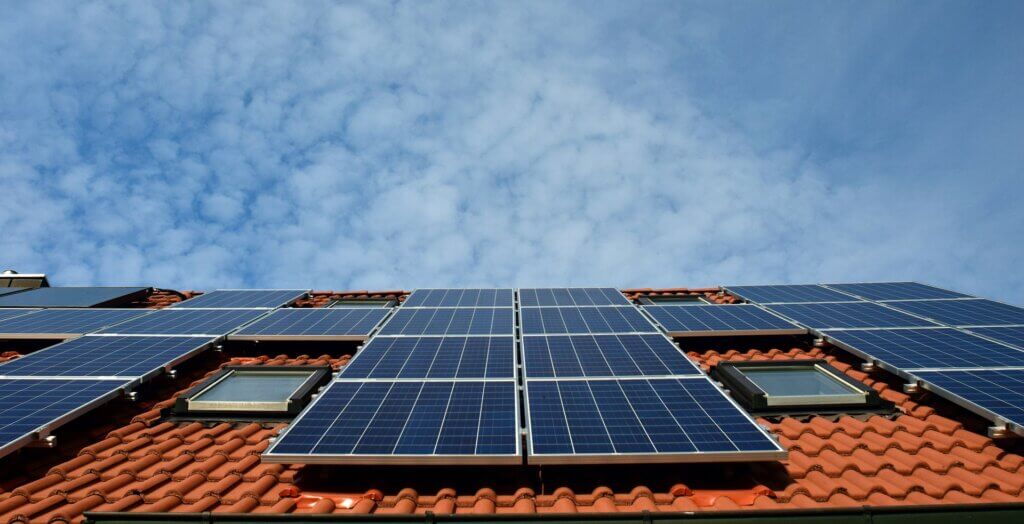
Switching to solar energy in New Jersey is an excellent way to reduce your electricity bills and environmental footprint. One critical term to understand is "Solar Offset." In this article, we’ll break down what Solar Offset means, factors that impact it, what is considered a good offset, and how it influences your future electric bills. We’ll also touch on how solar systems are designed according to your home’s energy usage.

"Solar Offset" refers to the percentage of a homeowner’s electricity usage that is covered by their solar system. In other words, it’s how much of your electric bill is "offset" by the energy your solar panels generate. For example, if your solar system offsets 90% of your energy usage, then you’ll still need to rely on the grid for the remaining 10%.
Several factors can influence how much electricity your solar system can generate, which affects your Solar Offset:
A "good" Solar Offset generally depends on individual goals and energy needs, but most homeowners aim for an offset between 80% to 100%. A 100% offset means your solar system fully meets your household's annual electricity needs, while a lower offset means a portion of your energy will still come from the grid.
The higher your Solar Offset, the lower your monthly electric bills. With a higher offset, you’ll draw less electricity from the grid, which translates to lower charges. In New Jersey, this impact is further enhanced by Net Metering, which allows you to send excess electricity back to the grid in exchange for credits. These credits can offset any additional electricity you might use, significantly lowering or even eliminating your bill during certain months.
Solar systems are custom-designed to meet each homeowner's unique energy usage, taking into account historical energy data. This process involves analyzing your average monthly electricity usage to determine the system size needed to achieve the desired offset. A well-designed system will be optimized to achieve your energy goals, whether that’s covering 100% of your usage or partially offsetting it for consistent savings.
To learn more about optimizing your solar system design, you can explore Enphase's: A homeowner’s guide for choosing the right number of solar panels.
A well-designed solar system with an optimal offset can deliver significant savings on your electric bills, while also reducing your reliance on the grid. By understanding Solar Offset and working with a provider to tailor a system based on your needs, you can maximize the value of your solar investment in New Jersey.






